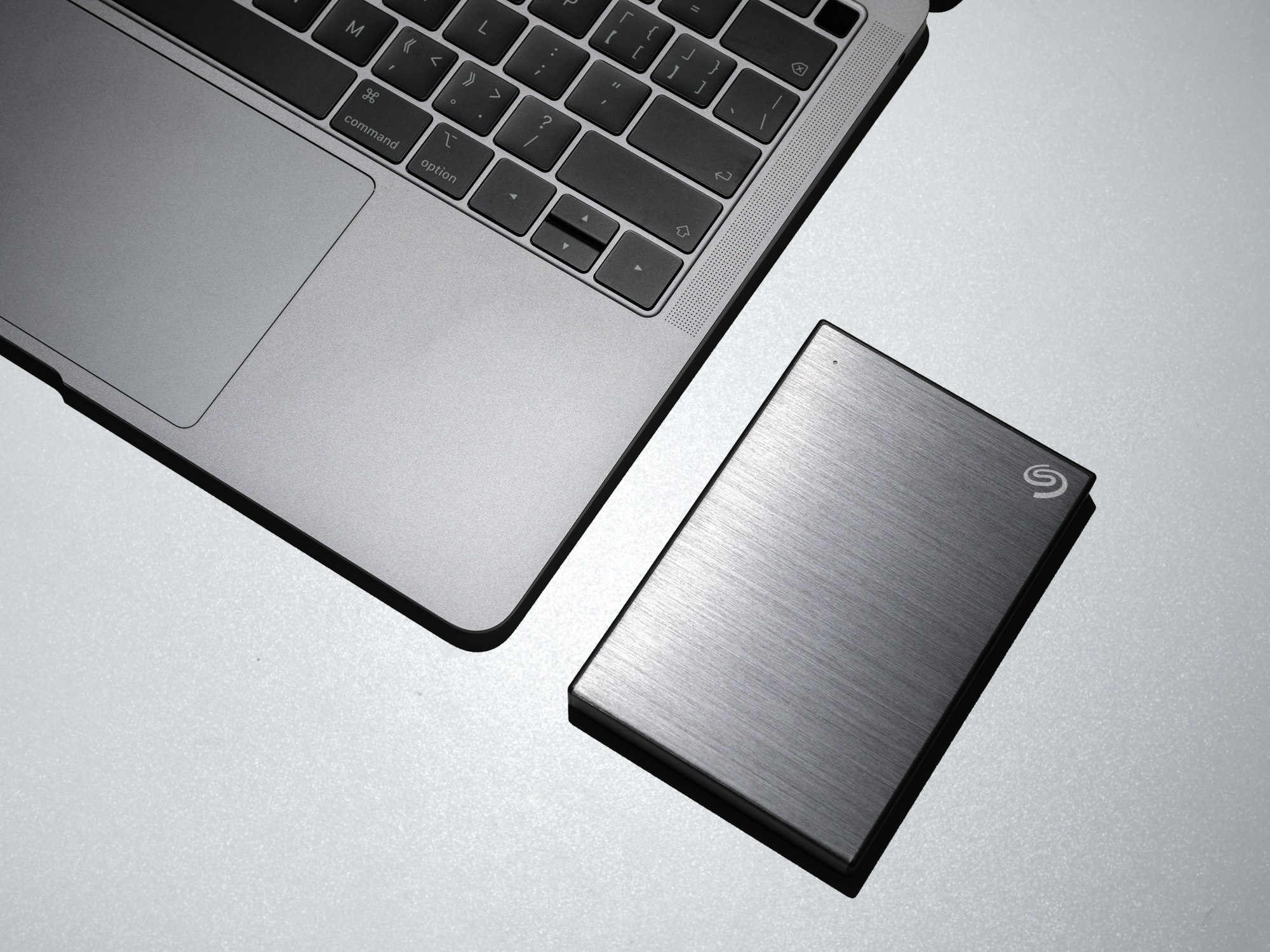💫 Roundup: WFH tips, a search engine alternative, and reminders to reliably back up your tax docs

➕ We've added Work From Home tips to our lineup
Why? Working from home usually means you'll be self-servicing your digital tools. The IT crowd may have handled things for you at the office, but they're probably not protecting your home Wi-Fi router.
All that means is, you'll need to take a more active role in making sure your business files remain private and your client communications stay confidential.
WFH tips will help you make your work-from-home or remote experience easier and safer. When you're rested, productive, and healthy, you're better able to action the suggestions that have direct impact on your digital security. Follow the link below for a list of currently published WFH tips.

🔍 google-ing stuff with not-Google
When I first switched to Duck, I expected my search results to suffer. Google gave me exactly what I wanted, almost every time. Duck couldn't possibly match that experience, could it?
As expected, after switching to Duck, I did notice a difference. The results for straightforward searches, like "wirecutter mattress protector", were unchanged. But the results for more niche searches, like software errors I have to deal with, were off. It took 1 or maybe 2 more searches to refine my keywords for the results I wanted.
In a way, that makes sense. Google Search refines my search for me, using the mountains of data it has on my preferences and behaviour. So a single search was often enough. Duck doesn't have that advantage. But that's the thing, I don't want my search engine to have that advantage.
Years later, Duck doesn't feel like a downgrade anymore. Duck is polished, Duck gets results, and I no longer have to bother sandboxing my search tabs the way I still do for Gmail and Calendar. Use the Cheatsheet below to get started.

💸 Doing taxes? Make sure you have backups of files
How do you make sure you have the 6 years of tax records you must keep? Backups.
One thing we forget is that Google Drive (and their like) are not backups. They are sync tools. Easy way to check. If you stash a file, and the file appears on another device-you're using sync tool. Grown-up backups are something else entirely. I've talked about backups before, I won't get into it here.
We've got two suggestions on backup systems.
This first one is (much) easier to set up, but will only give you offsite backups and could be comparably more expensive if you don't have much data to backup. But don't underestimate the advantage of ease.

You may eventually want local backups-local is fast af and you don't need the internet to use them. When you're ready to upgrade, or you want local backups right away, try this one. Fair warning: there's a learning curve. But when you become comfortable, you can even use this method to handle offsite backups and ditch the Backblaze method (possibly saving some 💸 in the process).

Final tip: don't leave any tax documents in your email waiting for a data breach (glossary: data breach) ! Download the files and store them in your file system, then delete from email. Make sure they get picked up by your backup tool.
Meta
Helpful words


